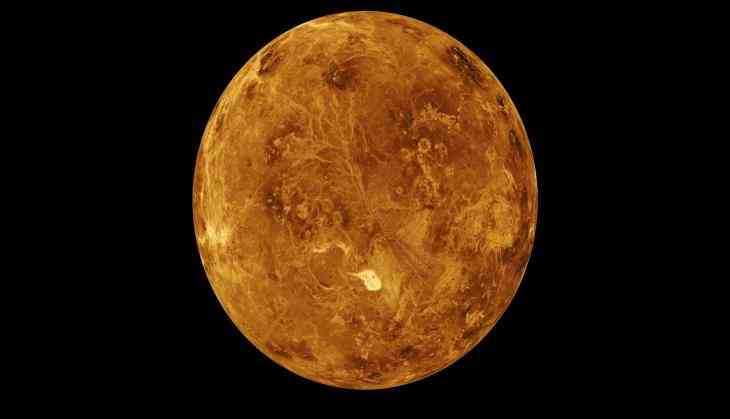
The atmosphere of Venus carrys traces of phosphine gas, which on earth can be connected with living form, scientists stated on Monday, in a latest understanding of conditions on our closest planetary neighbour.
Conditions on Venus are in many cases described as hellish with daytime temperatures hot enough to dissolve lead and an atmosphere composed of pretty much only carbon dioxide.
Experts used telescopes in Hawaii and Chile's Atacama Desert to survey Venus' upper cloud deck, around 60 km from the surface.
They discovered traces of phosphine, a flammable gas that on Earth often occurs from the breakdown of organic matter.
Writing in Nature Astronomy, the experts underlined the presence of phosphine did not prove the presence of life on Venus.
Having said that, as the clouds swirling about its broiling surface are highly acidic and as a result destroy phosphine very fast, the research did show that something was creating it anew.
The researchers conducted many modelling calculations in an effort to explain the new phosphine production.
They came to the conclusion that their research provided corroboration "for anomalous and unexplained chemistry" on Venus. Jane Greaves, from Cardiff University's School of Physics and Astronomy told AFP that the presence of phosphine alone was not proof of life on Venus.
"I don't think we can say that -- even if a planet was abundant in phosphorus, it might lack something else important to life -- some other element, or conditions might be too hot, too dry," she said.
Furthermore, Greaves stated that it was the first time phosphine had been discovered on a rocky planet other than Earth.
Also Read: Asteroid over 22 metres in diameter to pass by Earth on 1st September: NASA


